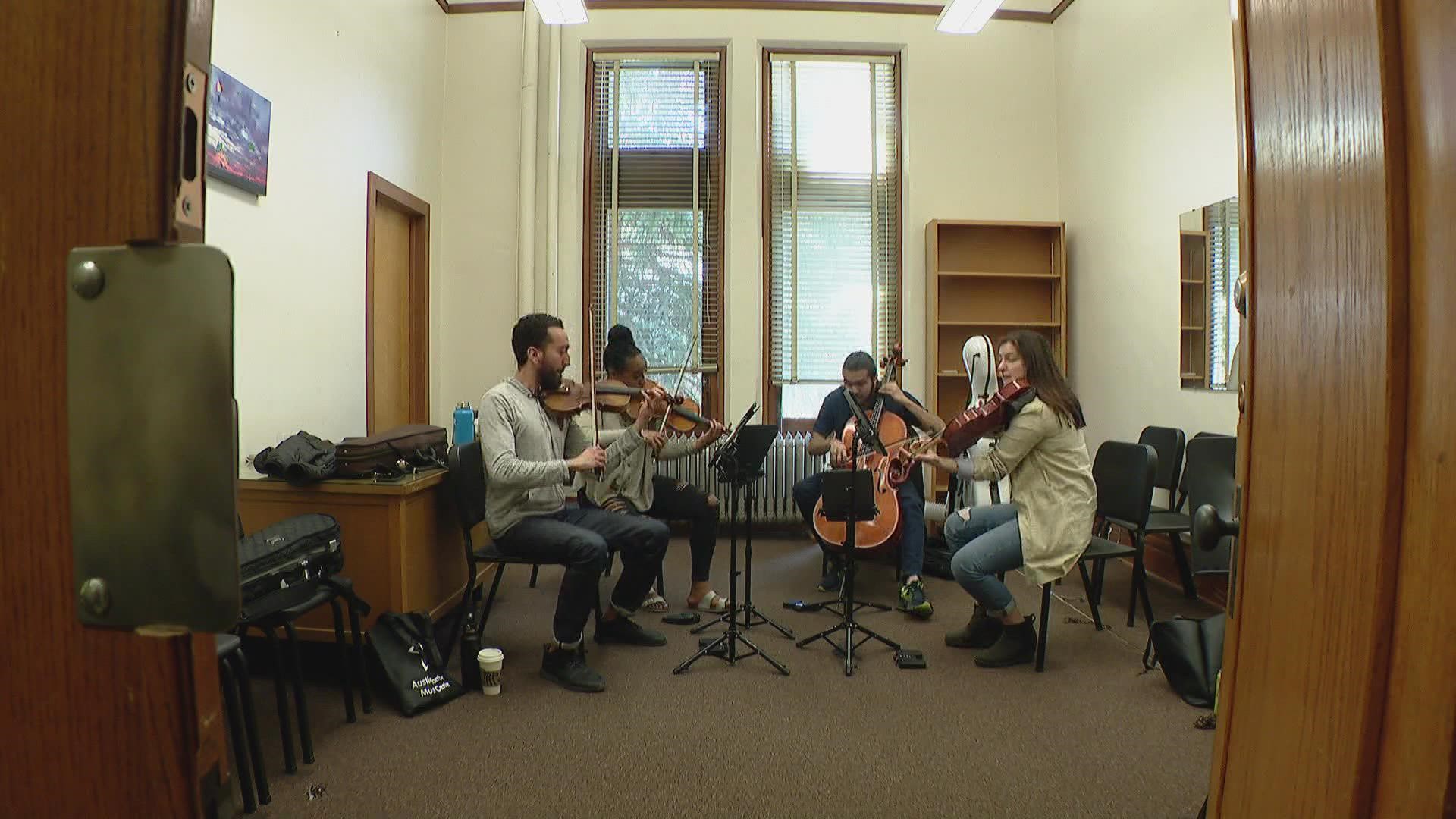BOULDER, Colo. — Classical musicians hunt for the perfect blend. They look for pieces that mix instruments together in intriguing ways. And when an audience is thrown in, it makes the combination really shine.
“There’s nothing like being able to share and play music with people,” said Pedro Sánchez, a cellist who has been playing since second grade. “I’m sure there are many different paths where you can find happiness and be content, but I feel very lucky to be where I am.”
Sánchez is on his path with three other musicians: violinists Reuben Kebede and Tiani Butts, and violist Aimée McAnulty. They come together to make up the Ivalas Quartet, a foursome that strives to break up the stereotypes that have followed classical music through the years.
“I would say the biggest thing that makes us special is our mission,” Butts said. “Our mission focuses on bringing light to a lot of underrepresented composers--so composers of color and female composers--and putting them on the stage, giving them equal time with the greats like Beethoven, Mozart and Haydn.”

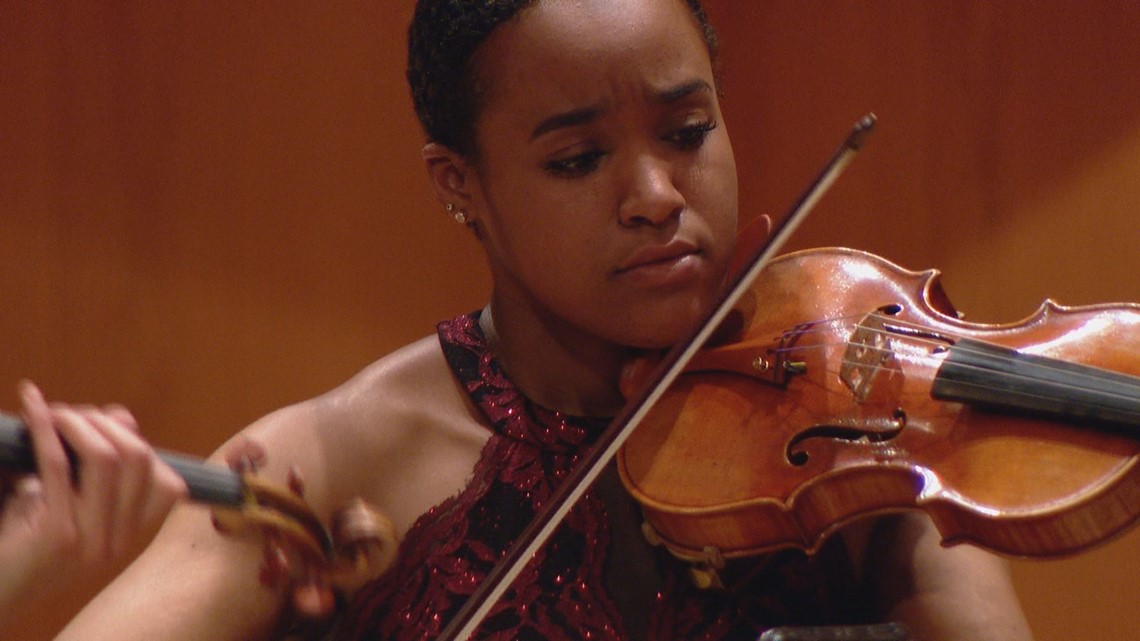
The Ivalas Quartet is the graduate quartet in residence at CU Boulder, and they strive to give lesser-known but just-as-talented composers their shot in front of audiences. The group gives artists like George Walker, an African American composer, and Jessie Montgomery, a female African American composer, their time next to pieces by Beethoven.
“Programming those pieces beside Beethoven and Haydn I think works really well, because it shows that they can be in the canon and it’s amazing music,” Kebede said. “It’s kind of a groundbreaking thing right now and it’s just incredibly rewarding for us to have an audience member come up after a concert and say, ‘Hey, I really enjoyed the George Walker. I’ve never heard that piece.’”
The reactions have been positive to the composers many audiences have not heard.
“It kind of shows that just because they haven’t been played, doesn’t mean they shouldn’t be played,” Kebede said.
McAnulty agreed.
“I feel like being right behind every composer that hasn’t been heard yet is incredibly important,” McAnulty said. “It feels like you’re meeting the new Beethoven every time.”

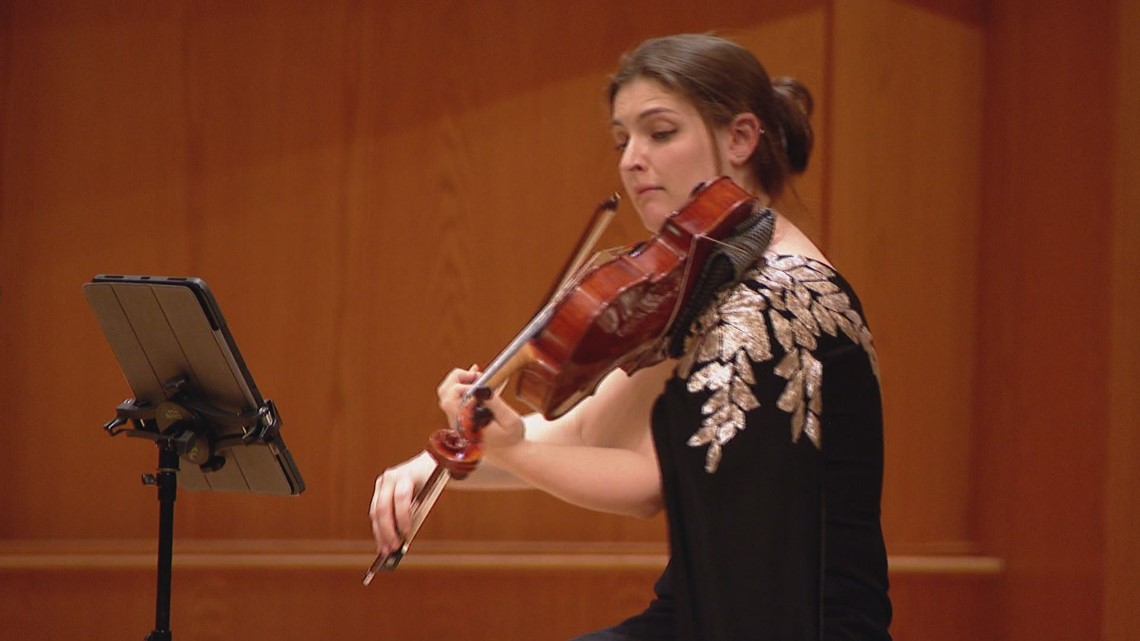
The quartet is a mix of talent that can relate to the composers they seek out.
“As an African American female, I grew up studying classical music and I went to study it professionally and there weren’t people that I saw on the scene that looked like me,” Butts said. “It was a little disheartening at times to just be like, ‘Is this a space for me?’”
Those kinds of questions are what push them toward another mission—bringing chamber music to people who might not otherwise get a chance to experience it.
“It’s incredibly important to our society if we want the classical music world and classical music to survive in the future,” Sánchez said. “We need to become more inclusive.”
They bring their talents to schools and groups in Colorado. Even fidgety elementary school students get treated to performances.

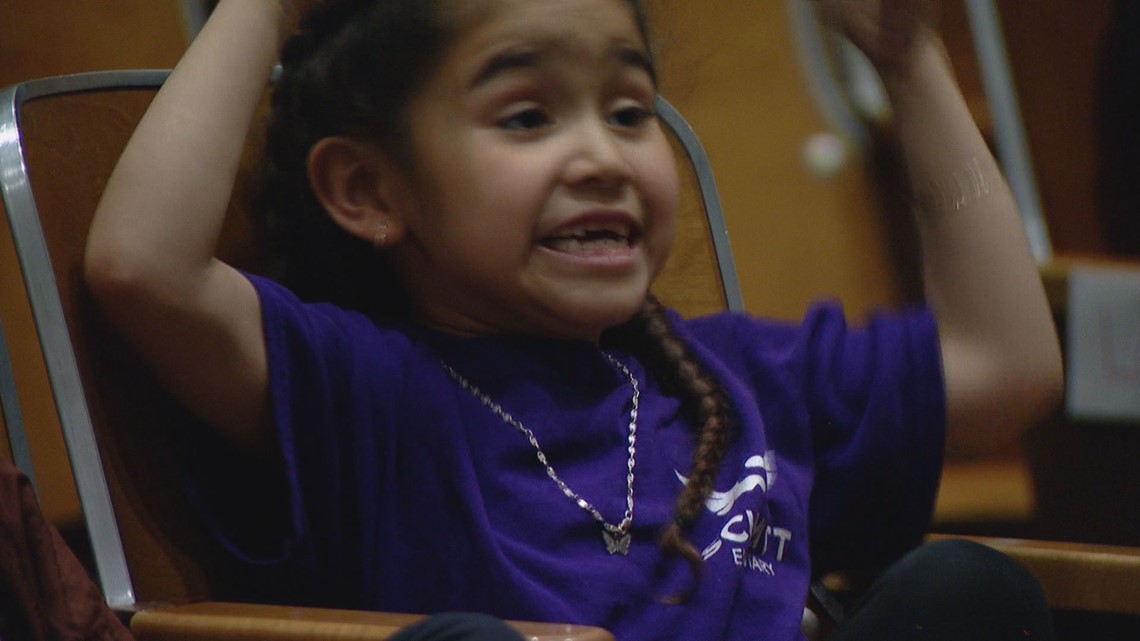
“We need to be able to give little kids the opportunity to see people that look like them playing on stage,” said Sánchez, who is from Venezuela and is able to translate the music lesson into Spanish if needed. “We’re very passionate about what we do and we’re passionate about our mission.”

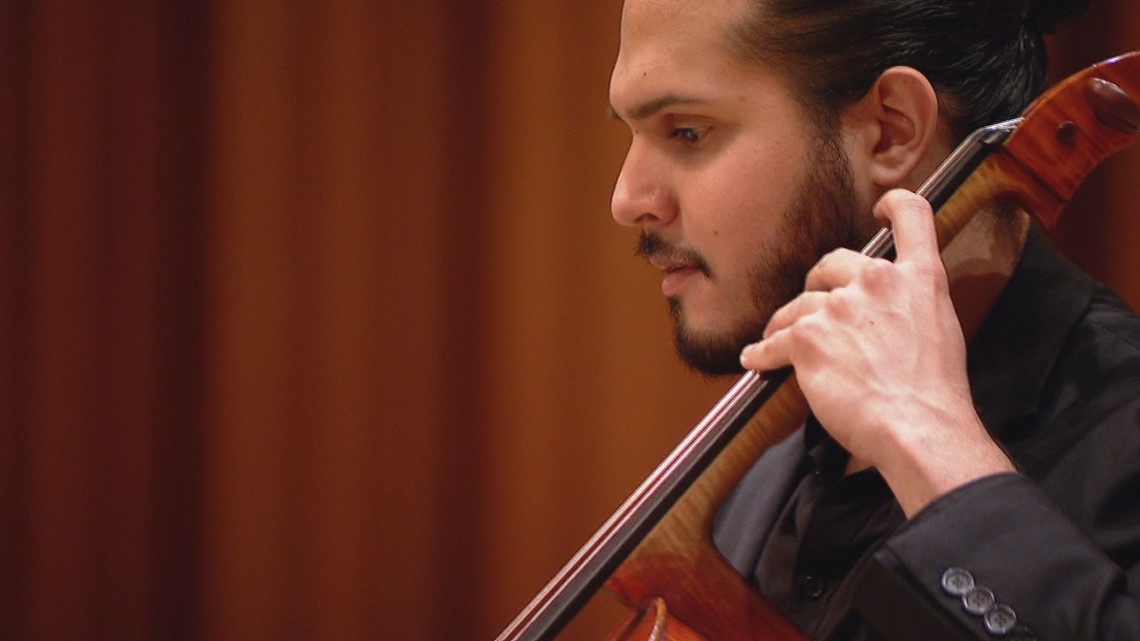
The group rehearses together five hours a day, five days a week. They know each other well. And while sometimes it might be easier to just play alone, they would not have it any other way.
“There is a kind of magic that happens when string quartets play together that I can’t quite find in any other form of performing,” Sánchez said.

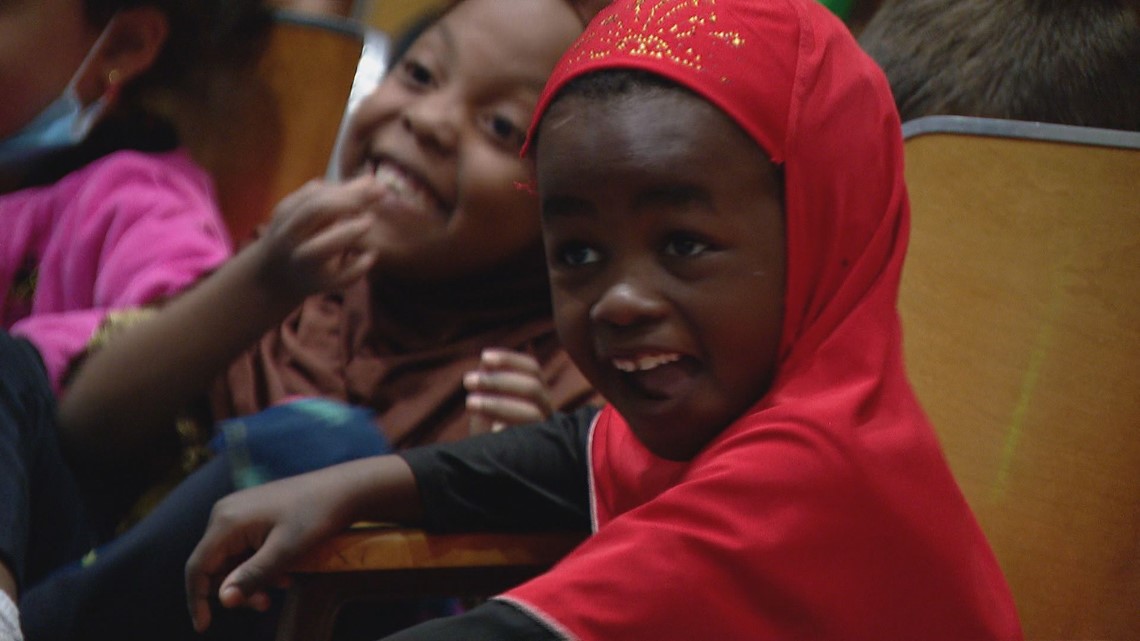
With every part of the quartet dedicated to one mission, each piece makes something stronger when combined.
“There’s something about just putting in the work together that is so rewarding,” Kebede said. “We wouldn’t be where we are without each other.”
SUGGESTED VIDEOS: Feature stories

